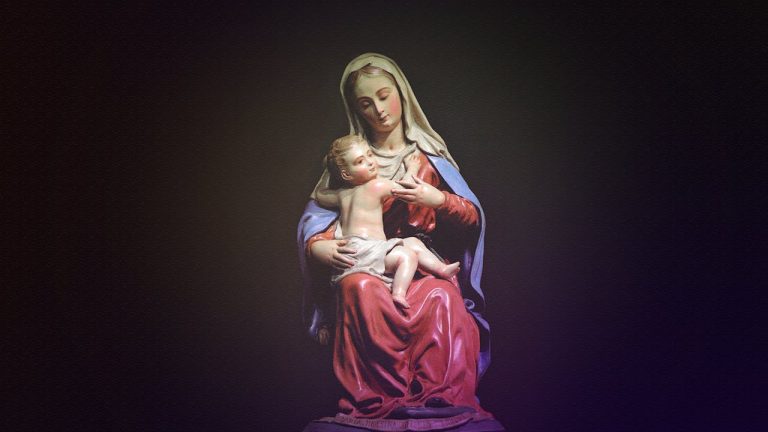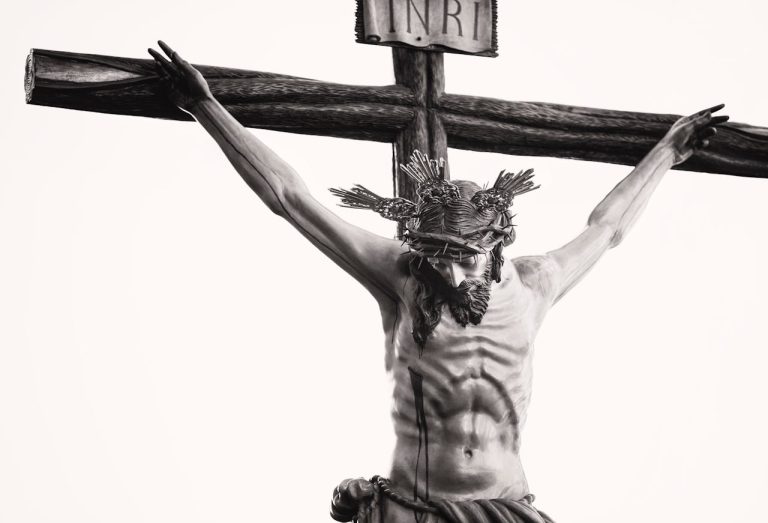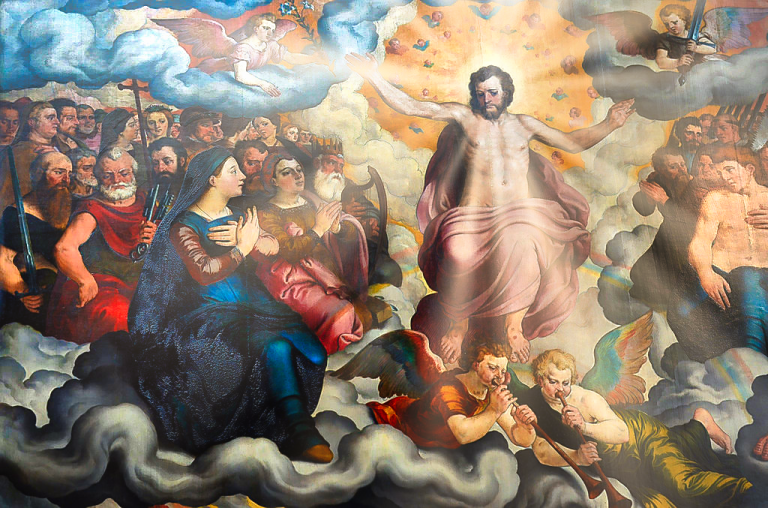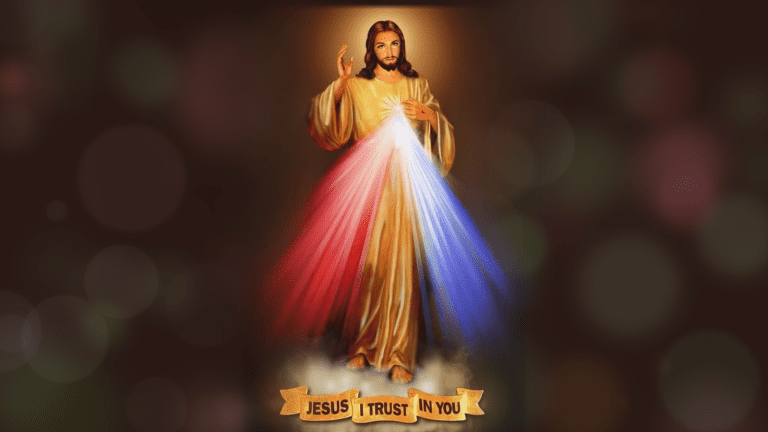Throughout all history, any government’s greatest struggle is with overpopulation. When food production became easier in the early 1900s, fewer farmers were needed. The “extra” people couldn’t be allowed to hang around and make trouble. Factories sprang up to keep them busy, and a “New Age of Mechanization” was heralded.
Societal efficiencies ensure engineering and production improvements that require fewer and fewer people to provide the necessities of life. “Extra” people have been drafted into military duty, put to work on temples and pyramids, made to mine, dig canals, or to labor on walls, buildings, aqueducts, or whatever else their leaders thought was important.
Catholic Monarchies had, in some cases, rebuilt societies into Garden-of-Eden-like places where crime was so reduced that “A pregnant woman could safely carry a bag of gold across England.”
Efficient monarchies were helped by the great monasteries. In the thousand years that Europe was Catholic, many of the “extra” people went into convents and monasteries. There, they invented and staffed hospitals and colleges. They also worked and prayed.
Those prayers fashioned themselves into a bulwark that lasted until God decided to grant peoples’ desires for more freedom. He did this reluctantly, as when letting the Israelites have a king, but didn’t think He should stand in their way. Catholic Fundamentalists imagine Him saying, “What’s the point of giving them free will if I don’t give them free will?”
In His infinite wisdom, Kings were allowed to be replaced with Committees. About that time, automation increased. Instead of thinking about God, men thought about things and new ways to make them. Advances in producing, processing, and transporting cloth, food, lumber, minerals, and medicine allowed fewer people to get more things made and moved. There were too many people, too few jobs.
At first, they marched the extras into muzzle-loaders. Then, as automation increased, into machine guns. That quickly became very unpopular. Gulags and mass murders were implemented. Nothing could keep enough people off the streets.
“Let’s try Public Education!”, said some of the less bloodthirsty Marxists. Over the course of a few decades, ever-smaller classes of ever-more poorly educated students were forced to attend school for ever-longer periods to learn what their parents learned in a few months.
Dozens of billions of hours were wasted. As automation and importing put even more producers out of work, “Certification” was developed to keep even more people off the street. Utterly useless, contradictory, often insane theories of education were invented. Experts said: “Even if we do not agree with them, we must respect and study them in order to be certified.”
Once, only idiots were certifiable. Now, the most highly certified people in the world are school superintendents. They have to be very, very sure that no very smart, very honest person is ever allowed to be a school superintendent.
Learning to read, write, and do arithmetic were made complicated and difficult. Elitists thought they were far more secure with hordes of illiterate, uneducated underlings beneath them. Public Education was able to provide throngs of howling incompetents with the brilliant inefficiency and high cost expected from it.
One goal of the state is met when millions of people are kept off the street, and Public Education met it.
More state goals were met as millions were so thoroughly self-focused they no longer believed such a thing as “truth” even exists.
Better, from the state’s point of view, is that most are so historically ignorant they cannot understand just why it is that there are so many, many “community” activities, and why participating in them never seems to make things better.
Even though so many monasteries were destroyed, believers still pray. Probably more than ever.








